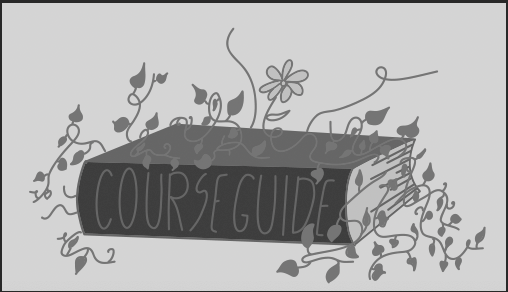You’ve probably heard a lot about the debt ceiling and the shutdown in recent weeks, but it’s admittedly pretty hard to understand the complex fiscal policies and decisions of the United States. So, I’ve assembled a handy FAQ for all your shutdown information needs.
Why is there a government shutdown?
Basically, Congress didn’t pass a budget for the 2014 fiscal year, and without money allotted for various government departments, they can’t function. In the last few days of September, the government tried in various ways to avert the shutdown. The Senate passed a bill that would have funded the government through December; Republicans in the House passed a similar bill that also defunded the Affordable Care Act, President Obama’s heath care reform bill. The two chambers went back and forth several times, with Republicans refusing to compromise or pass a “clean” bill (one without provisions changing or delaying the ACA).
Because of the shutdown, 800,000 “non-essential” federal workers have been furloughed, meaning they can’t go to work or even check their work email while the government has shut down — and they’re unpaid. Congressional salaries, however, are unaffected. On Oct. 5, Congress passed a bill that authorizes back pay for all these workers after the shutdown is over.
Okay, so what does it mean?
Because of the furloughs and lack of funding, many branches of government can no longer perform their normal duties. The Food and Drug Administration has stopped routine food inspections and laboratory research, the Occupational Safety and Health Administration has stopped all workplace safety inspections except in cases of immediate danger or death and the Environmental Protection Agency has stopped cleaning up hazardous chemical sites. National parks and monuments all over the country have been shut down, including Joshua Tree, where some eighth graders typically go on retreat, and the Upper Colorado River, where some ninth graders go. Only 600 of NASA’s 18,000 employees are still working, and they’ve postponed all projects except communicating with the International Space Station.
Wait. This sounds a little familiar. Didn’t something like this happen just a few months ago?
You’re pretty close. For the past couple years, we’ve been lurching from fiscal crisis to fiscal crisis because both sides are putting together short-term or stopgap measures that don’t address their larger differences. Obama has called for a “grand bargain,” which could include entitlement and tax reform, and some Republicans are now proposing their own version, but the main issue at the moment is the shutdown. We almost went over the “fiscal cliff” at the beginning of the year, the sequester (which cut spending across the board and forced the closure of some government programs) went into effect in early March, and underlying the shutdown is a fight about the debt ceiling.
What’s the debt ceiling?
It’s all in the name — the debt ceiling establishes an upper limit for how much money the United States can borrow for debts it’s already promised to pay. If Congress doesn’t raise the debt ceiling, the Treasury Secretary has warned that the United States could default on its debts and thus wouldn’t be able to pay government expenses. There’s some debate over whether the President could prioritize some expenditures over others, but the government could potentially be unable to pay for anything — and there’s $43 million in Social Security and Medicare checks that need to go out to beneficiaries on Nov. 1. According to Treasury Department estimates, we’ll run out of money Oct. 17 (that’s two days away).
That’s all very well, but why have you written this many words about it? You’re a senior in high school, not a furloughed federal worker.
Excellent point, perceptive reader! Okay, here’s the thing. A bunch of Republican lawmakers are denying that the shutdown is a problem — and many of them don’t think the debt ceiling is an issue either. Some have said it would be good for the country to default, even after economists and researchers have said that a default could plunge the country into a decline as bad as or even worse than the 2008 recession. A Republican pollster showed that the last debate about the debt ceiling hurt consumer confidence (and in turn the stock market and the economy in general) by more than 9/11, the Lehman Brothers collapse or the Iraqi invasion of Kuwait.
The debt ceiling is bad. The shutdown is bad. Get involved, call your Congressman — and please, don’t grow up to be like them.




































